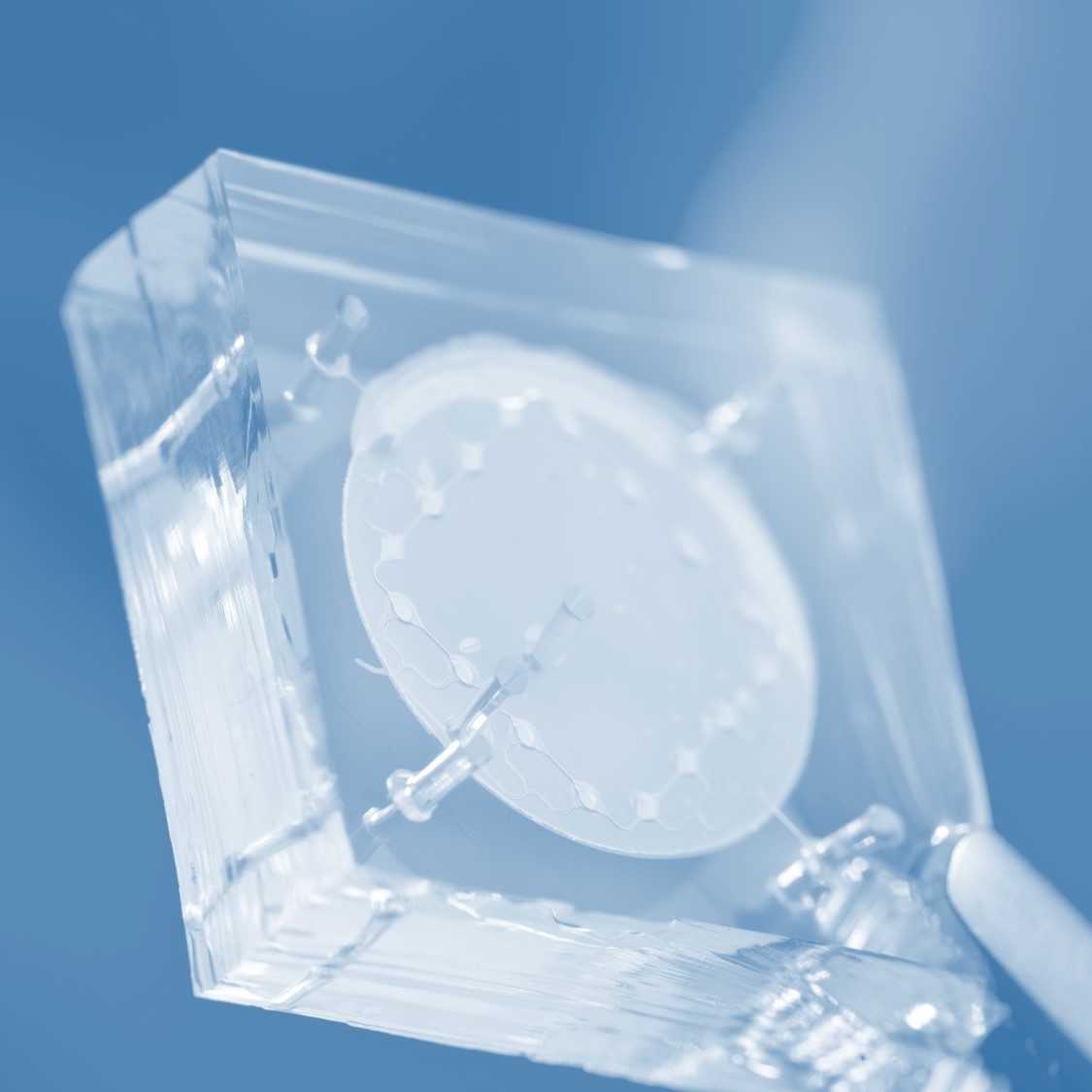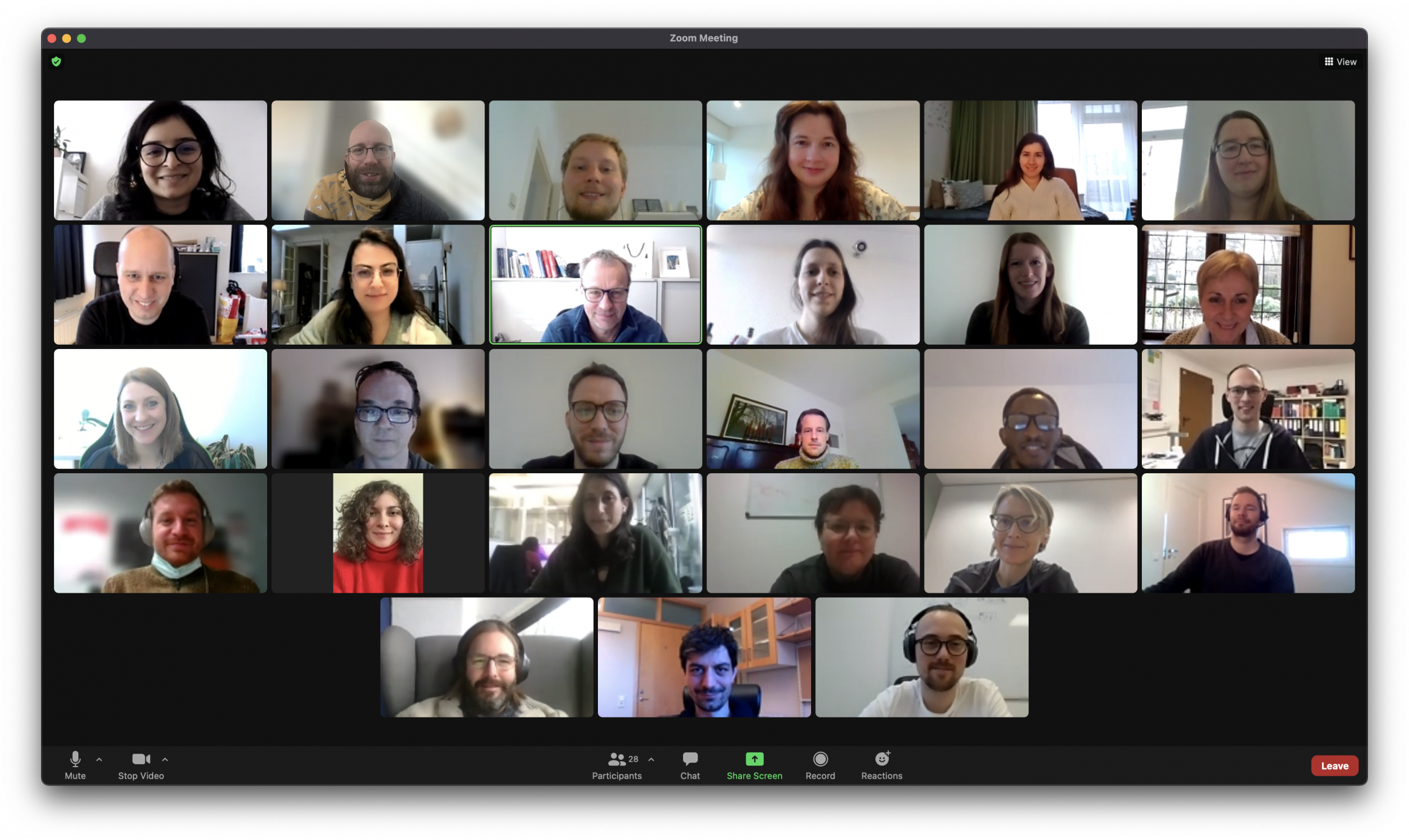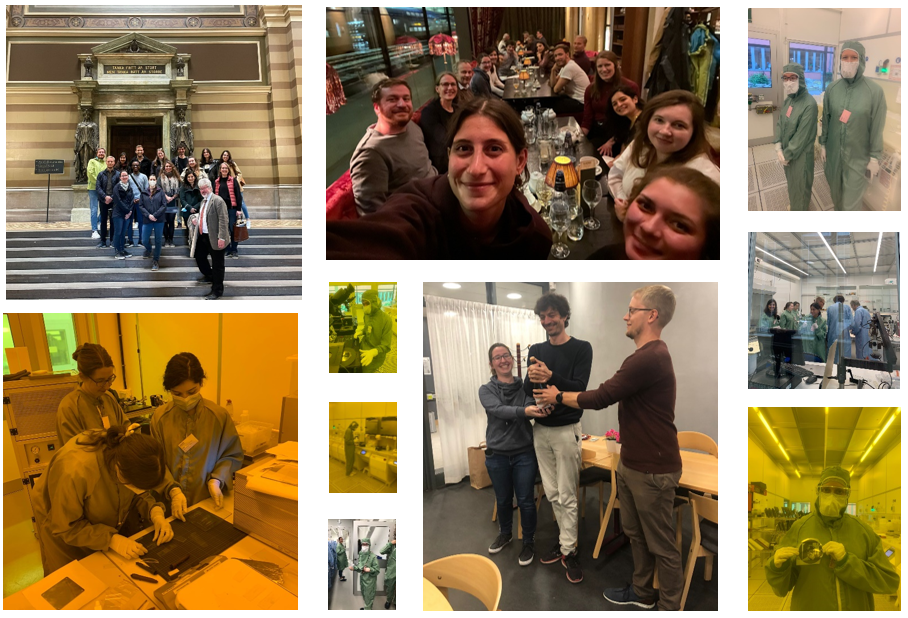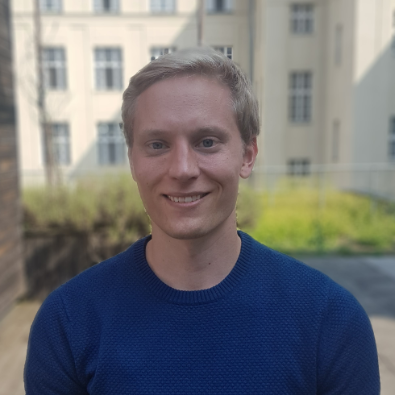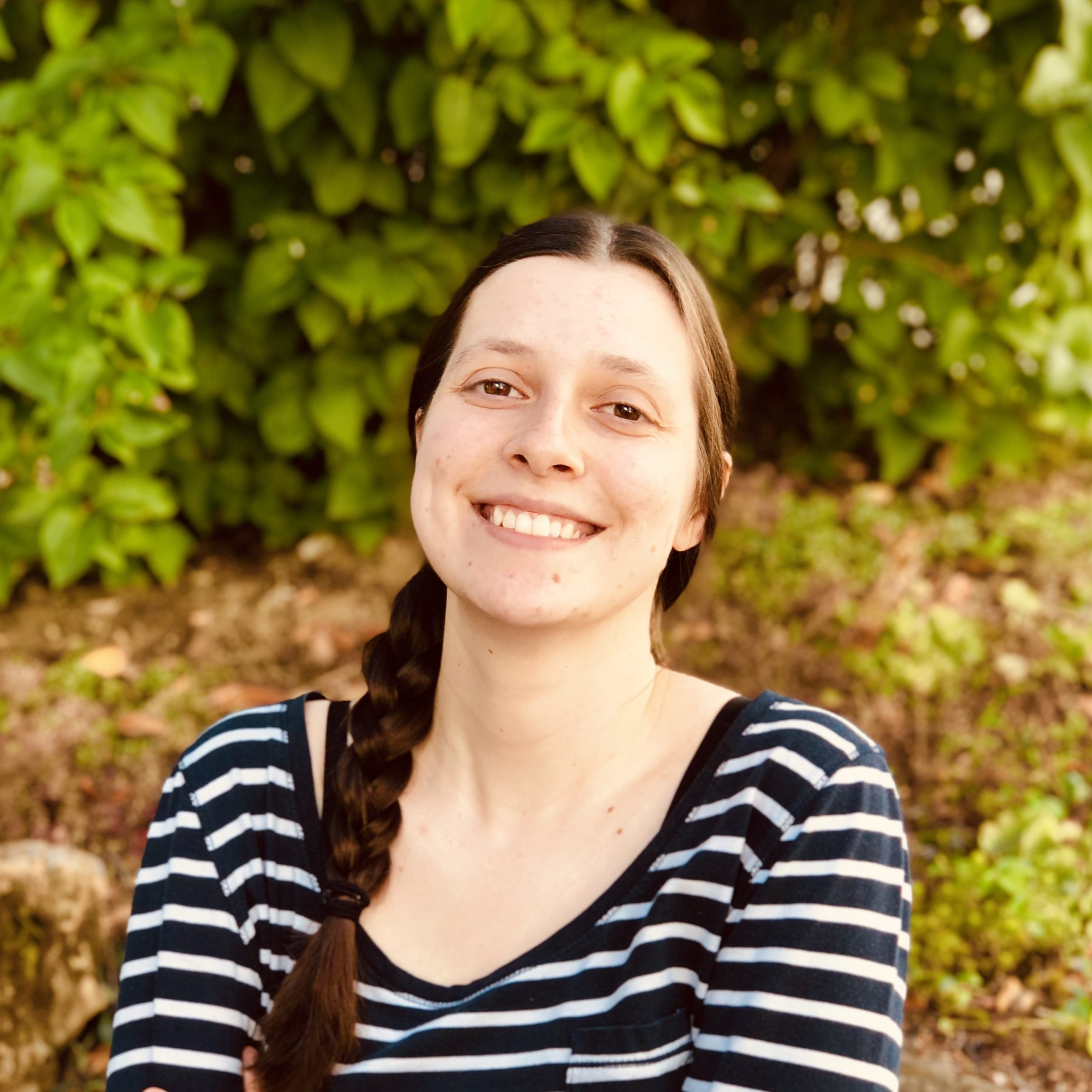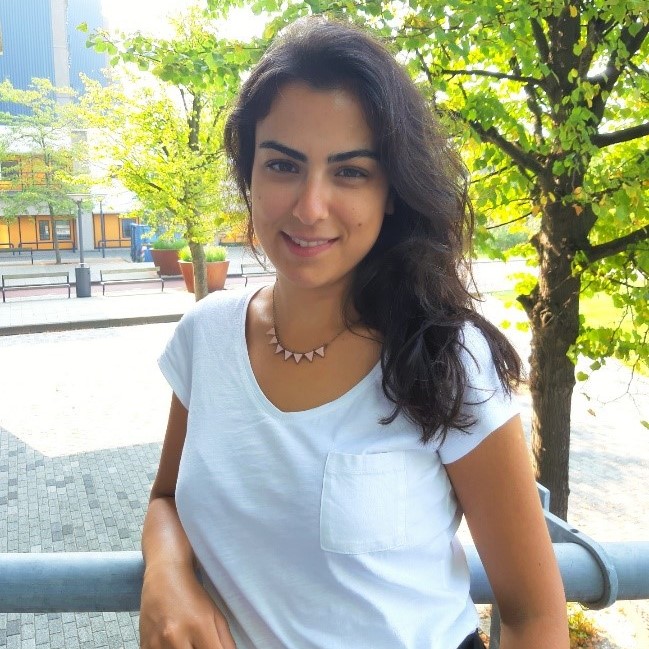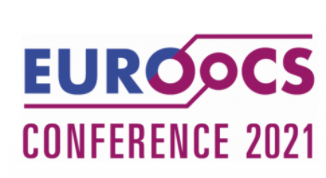On 16-17 September the EUROoC ESRs were welcomed to Uppsala for their second training workshop, focused on microfabrication and scientific dissemination. Given the pandemic, this was a mammoth task to organize with travel restrictions and group size restrictions. Fortunately, all the ESRs and two PIs were able to attend the worskshop which spanned over two days.
The topic of microfabrication was first introduced with a lecture from Lena Klintberg (lecturer within the Division of Microsystems Technology at Uppsala University), before practical exercises related to four different methods were carried out. The participants were then split into groups led by Gabriel, Mara, and Tanvi to learn about microfabrication in the cleanroom. The fabrication techniques the students learnt about was laser cutting, UV lithography and metal deposition and afterwards they were all trained in the art of bonding and assembly of microfluidic chips using either heat or plasma treatments. In fact, such was the level of expertise amongst the ESRs that some of them were even able to take on the role of teacher! In the end, all participants had a realistic view of working in a cleanroom, the advantages and limitations of each process and the ability to select a process specific to their application for their specific chip design.
The scientific dissemination topic was introduced by Sarah Schwarz, a senior lecturer at Uppsala University who specialises in academic English and oral presentations. This was followed by group work in which the ESRs prepared and presented on one of the above microfabrication techniques. Each group did an excellent job and received constructive and positive feedback on their presentations. There was just time for cake and bubbly at the end, where Gabriel (ESR 8), Stefanie (ESR 14) and Anders (ESR 15) could jointly celebrate the publication of their review article “In-line analysis of organ-on-chip systems with sensors: Integration, fabrication, challenges and potentials” recently published in ACS Biomaterials Science & Engineering before it was time for the ESRs to head off for the weekend.
In addition to the workshop, the ESRs explored Uppsala with a walking tour, and a ferry trip to the nearby islands. A huge thank you is due to the organisers who ensured an interesting and enjoyable itinerary, and the ESRs, for their positive attitudes and excellent cooperation. We are unsure about the future travel, but we look forward to seeing each other nevertheless!
